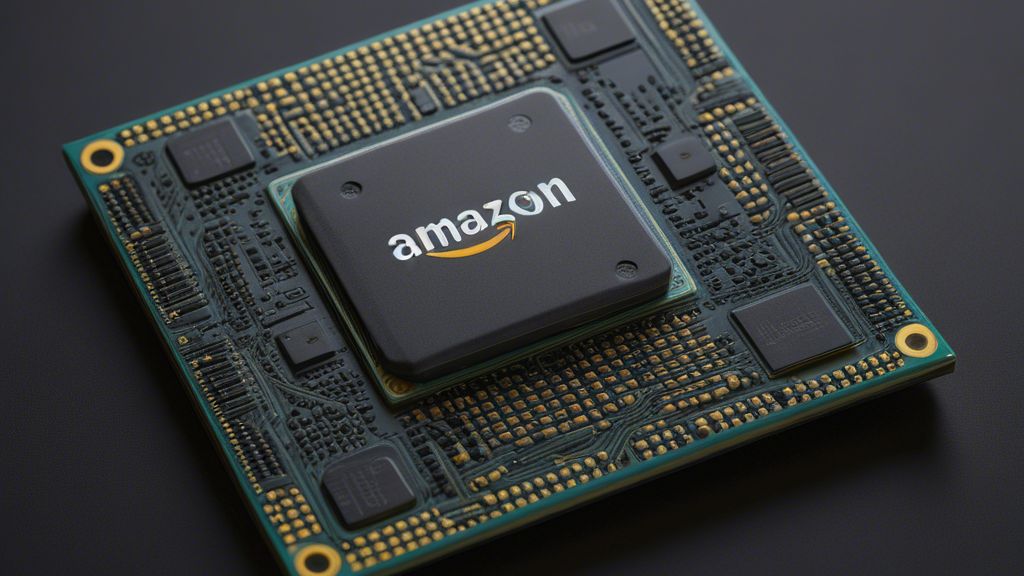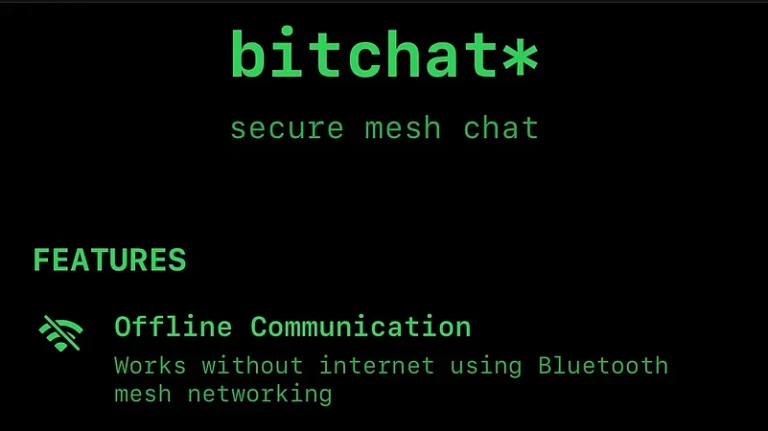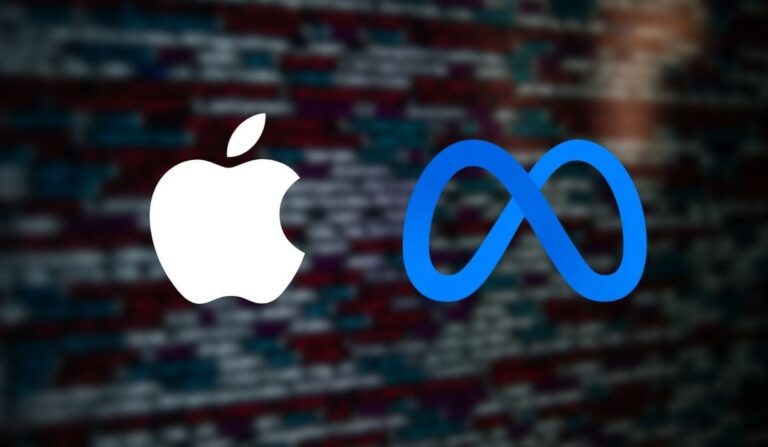
In the high-stakes race to dominate artificial intelligence (AI) infrastructure, Amazon is making waves with an ambitious plan to challenge Nvidia’s dominance in AI chips. Known for its cloud computing powerhouse Amazon Web Services (AWS), Amazon is betting big on in-house chip development to carve out a significant slice of the lucrative AI hardware market.
Amazon’s Strategy: Building AI from the Ground Up
AWS, Amazon’s cloud computing arm, is already a leader in providing computing power to businesses, with a strong focus on AI and machine learning services. However, most of these services currently rely on Nvidia’s GPUs, the industry standard for training and deploying complex AI models. Amazon aims to change that by developing its own custom AI chips, a move that could reduce dependency on third-party suppliers and cut costs while increasing performance.
Amazon’s silicon design team has been working on chips tailored for AI workloads. The company has already introduced two notable processors:
- Inferentia: Designed to optimize AI inference tasks like speech recognition and personalized recommendations.
- Trainium: Built specifically for training machine learning models at scale.
Both chips are integrated into AWS services, offering an alternative to Nvidia GPUs for customers who want cost-effective and efficient AI solutions.
Challenging Nvidia’s AI Chip Dominance
Nvidia’s GPUs, particularly the A100 and H100 models, are the gold standard in AI chipsets. The company has enjoyed a virtual monopoly, capitalizing on the AI boom fueled by advancements in large language models like OpenAI’s GPT-4 and Google’s Bard. Nvidia’s grip on the market has propelled its stock to all-time highs and solidified its position as a tech giant.
Amazon’s entry into this space isn’t just about competing—it’s about disrupting. By leveraging its AWS infrastructure and existing customer base, Amazon has the potential to scale its AI chip offerings quickly. Furthermore, controlling the entire stack—from hardware to cloud services—could give Amazon a competitive edge in pricing and customization.
What’s at Stake?
The AI chip market is projected to reach over $200 billion by 2030, according to industry analysts. With such high stakes, Amazon’s move represents a “moonshot” attempt to secure a future in an increasingly AI-driven world. Success in this venture could reshape the AI landscape, offering businesses more choices and driving down costs.
However, it’s not without challenges. Developing competitive AI chips requires enormous investment, cutting-edge expertise, and years of refinement. Nvidia’s decades-long head start means Amazon has significant ground to cover in terms of performance benchmarks and developer ecosystem support.
Customer Appeal and Industry Implications
Amazon’s ability to attract customers will hinge on delivering chips that are not only cost-effective but also powerful enough to rival Nvidia’s offerings. By integrating Inferentia and Trainium into AWS, Amazon is positioning itself as a one-stop shop for AI development, allowing businesses to innovate without breaking the bank.
Moreover, Amazon’s move could spur healthy competition, pushing Nvidia to innovate further and potentially lowering prices for consumers. As other tech giants like Google and Microsoft also invest in custom chips, the industry could see a shift away from reliance on a single supplier.
Conclusion
Amazon’s push into the AI chip market underscores its vision of owning the full AI stack, from chips to cloud infrastructure. While Nvidia remains the reigning champion, Amazon’s moonshot plan could be the shake-up the industry needs. With its vast resources, technological expertise, and customer reach, Amazon might just have what it takes to rival Nvidia in the next great frontier of artificial intelligence.
As the race heats up, one thing is clear: the competition in AI chips is just getting started, and the stakes couldn’t be higher.
Key Takeaways:
- Amazon is developing custom AI chips (Inferentia and Trainium) to challenge Nvidia’s dominance.
- The AI chip market could hit $200 billion by 2030, driving fierce competition.
- Success could redefine Amazon’s role in the AI ecosystem and reshape the industry.



